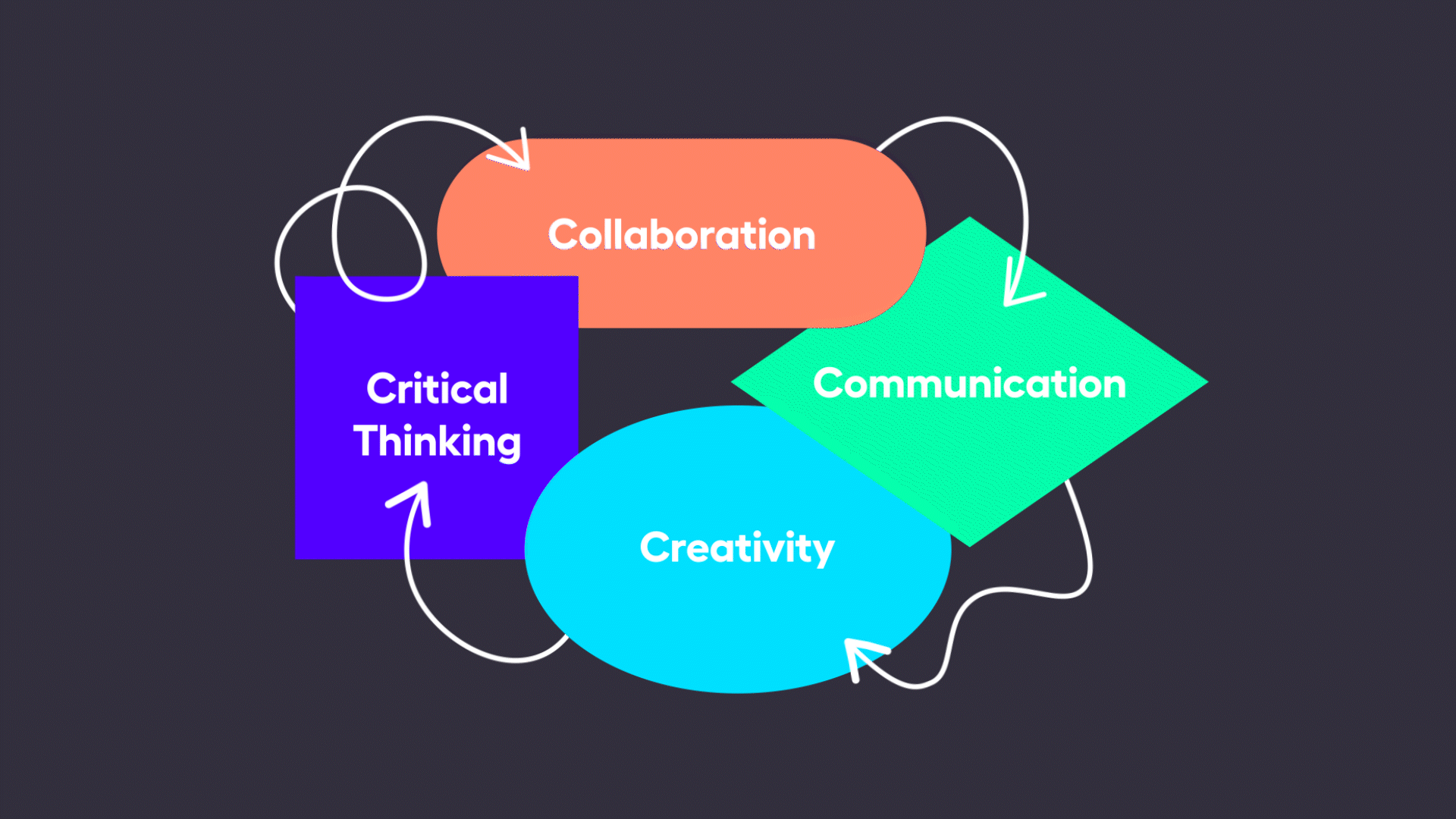April 12, 2024 10:38 am
Workplaces are changing fast. Jobs with “routine” work have decreased and there’s a much bigger emphasis on soft skills like the 4Cs. In part one of our four-part series, discover how critical thinking unlocks future pathways for students and how STEM in particular fosters it.
Ever thought that studying STEM (science, technology, engineering, and mathematics) is only useful for students considering careers in science or tech? If so, then you wouldn’t be alone — but it’s time to change that perspective.
The truth is, workplaces are changing fast, and some traditional skills are becoming less relevant today. Growing digitalization of roles, AI technologies, and new communication methods demand a totally different set of skills fit for the modern workplace (Thornhill Miller et al., 2023).
This is where STEM subjects come into play. By studying STEM at schools, students pick up the soft skills that are exactly what employers look for today. Not only do these soft skills make the transition from education to the workplace smoother, they also open the door to any career — whether that’s a STEM-related role or not. These soft skills are commonly referred to as 21st-century skills, or the 4Cs: critical thinking, collaboration, communication, and creativity.
“The world is incredibly complex. It’s like a giant jigsaw puzzle, and I use those fundamental [STEM] skills to find all of the puzzle pieces and put them together in a way that makes sense to me.”

What do we mean by critical thinking? And why does it take center stage? Critical thinking is about analyzing and evaluating information to make sound conclusions. It’s more than solving math problems or conducting experiments — it’s about challenging assumptions and seeing beyond the obvious to become an active, engaged problem solver.
In the classroom, this might look like students debating the best approach to solving a problem or designing multiple hypotheses to test an experiment. Ultimately, it’s a skill that prepares students for overcoming real-world challenges in any field.
So how does mastering Pythagoras’ theorem or challenging scientific approaches benefit students who don’t want to pursue STEM? The answer lies in the universal transferability of the critical thinking involved. Whether it’s strategizing a marketing campaign, improving customer service protocols, or writing compelling narratives, critical thinking is woven into the fabric of every career you can imagine.
Prepare the next generation of STEM leaders with digital and hands-on learning aligned to the 4Cs.